A.Tarkovsky’s Days in Armenia
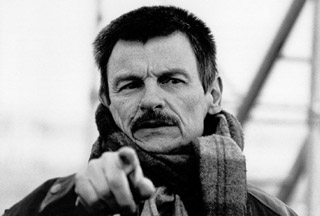
Numerous publications may be found as evidence on Russian well-known filmmaker Andrei Tarkovsky’s Armenian relations. It’s not a secret, that he had connections and relations with lots of Armenians. It’s also known, that while studying at All-Union Institute of Cinematography, he shoot some episodes of his short film “Steamroller and the violin” in Yerevan, at Lenin Square in 1960. At the same time, there is some information, that Tarkovsky visited Armenia in 1965 as well.
A few documentary cadres, as well as photos by Levon Atoyants have been archived by miracle from those days. Instead, Tarkovsky’s another comparatively longer and business trip to our Republic is less known. This time the occasion was film director Bagrat Hovhannisyan’s new film—“Winepress” (Sour grape). Friendly ties of B.Hovhannisyan and Tarkovsky have formerly been “fixed” in the two works of the Russian film director: in “Andrei Rublyov” movie Hovhannisyan worked as a trainee-director, and played in an episode in “Solyaris”. An in 1972, to undertake his first film production, Hovhannisyan applies to the experienced director.
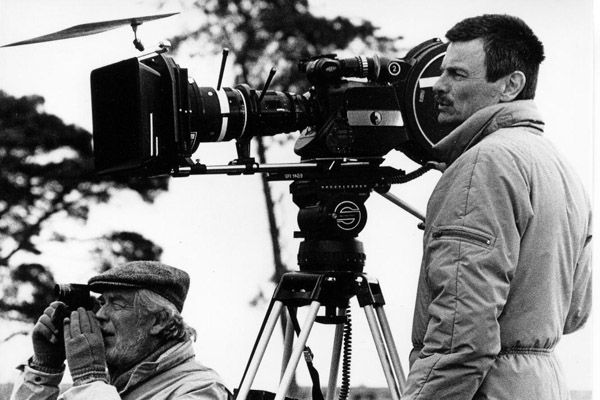
A few notes have been preserved in Andrei Tarkovsky’s diaries, which reflect valuable information on the days that followed. Thus, in march 1972 Tarkovsky wrote down, “Bagrat Hovhannisyan came. He asks me to become the art director of his film, which will be shot based on scenario by H.Matevosyan. I don’t have any desire.” Note, however, that, in fact, Tarkovsky participated in the process of obtaining a permit to shoot his debut film and even wrote a letter to “Hayfilm”. So, refusal was initially excluded.
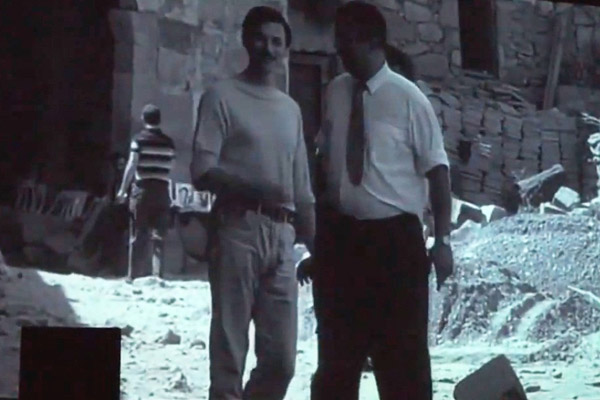
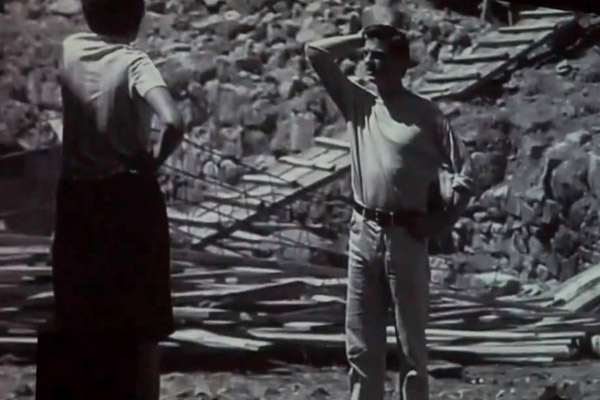
We read Tarkovsky note for March 7, “We visited Yerevan with Larisa. Bagrat’s issues are somewhat uncertain. He doesn’t manage to start shooting. I’m somewhat tired in company of Armenians.” Meanwhile memories of those days edify the contrary. Bagrat Hovhannisyan’s daughter—Nune, tells, “He was at our place, I memorize the day very well. My father, he and my grandpa were all drunk and happy. Tarkovsy was sitting next to my grandpa, who didn’t know a single word in Russian, and was constantly bringing a good vodka, so they were drinking and hugging.”
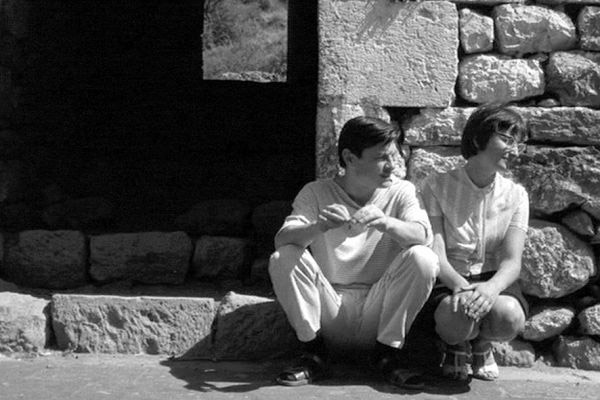
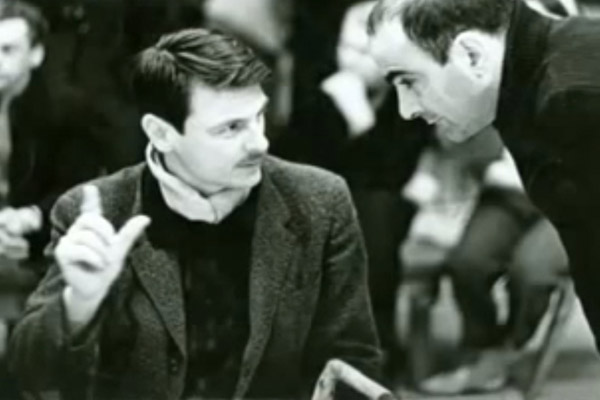
Probably, Tarkovsky’s inner tension and discontent was conditioned by the destiny of his new film. He was going to leave for Cannes Film Festival, where his last work—“Solyaris” was to be released, meanwhile, at the preparation period, he forcedly came to Armenia, with lots of concerns.
In June, after Cannes Festival, Tarkovsky reflects his visit to Armenia, writing in his diary, “We were in Armenia with Larisa on issues of Bagrat and Propaganda Bureau. Bagrat isn’t having good days. I have impression that even he doesn’t know what to do with his “Winepress.” The actor isn’t a good one, scenario and dialogues are simply bad, worth nothing.
I don’t know, I wasn’t going to stay there forever. Nothing turned out with salary in Propaganda Bureau. Although Ghukasyan was demanding our visit several months, we didn’t gain anything. Either we were cheated, or they completely don’t know how to work. Together with Hayryan and Razmik Madoyan we visited Zangezur. These were amazing places.”
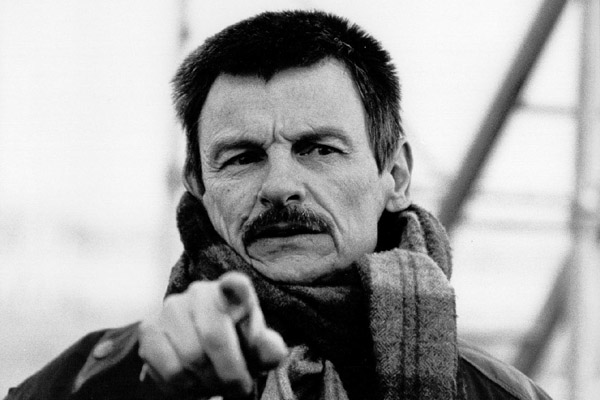
Gevorg Hayryan was head of State Committee of Cinematography, and Madoyan was director of “Hayfilm” studio. By the way, a small episode has been preserved in literary critic Levon Mkrtchyan’s memories from Zangezur visit, who, probably was with the group. We writes, “From Sisian we left for Goris. After some 15 kilometers we stopped at the so-called “portakar” (umbilicus stone). This stone is very famous in Zangezur. Women, who are unable to conceive, lie on their umbilicus on the stone, and they succeed. Andrey Tarkovsyky’s wife (they hadn’t had a child for several years), did it just for fun.
-Why do you need this? We already have problems with it, exclaimed Andrei Arsenevich.
Hrant Matevosyan’s memories on these days, “he was invited for showing the film in Yerevan, and he brought “Solyaris” with him. He invited to watch his new film, but I had already watched “Andrei Rublyov” the day before, and told him I wouldn’t go to watch his new film consciously, as I’m afraid impression I’d have from Rublyov distorts a bit. In the period he stayed in Yerevan, I might say we made good relations. Another rendezvous was at my place. We talked for a long time, and although I was considering myself a writer not without ambitions, here I was his ordinary spectator and amateur. That way I always become an ordinary spectator and a reader before talents, and show deep reverence. I fixed rendezvous at my place as a talk of mutual understanding and love.”
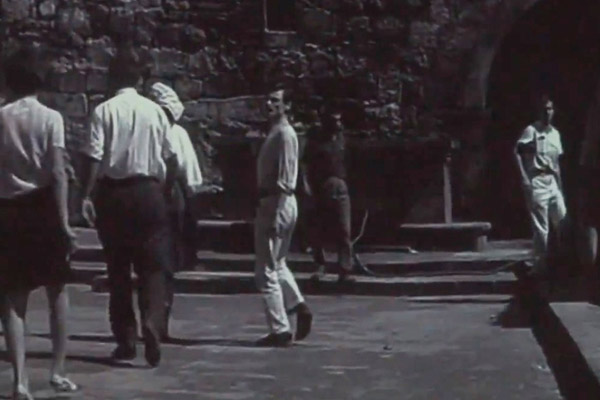
Sos Sargsyan’s, one of the main actors of “Winepress”, memories also refer to these days. S.Sargsyan, who perfectly acted in “Solyaris” as well, told on one occasion, that in Yerevan Tarkovsky was staying at “Ani” hotel, and one day, when there were no shootings, together they went to Hrazdan gorge to swim.
“There was no car on our way back, and we had to walk upwards. Suddenly I noticed a wide tube: foamed, whitened water was bursting exactly from the tube. I looked to Andrei, and we silently walked down, took out clothes and sank beneath the water. It was a bliss…”
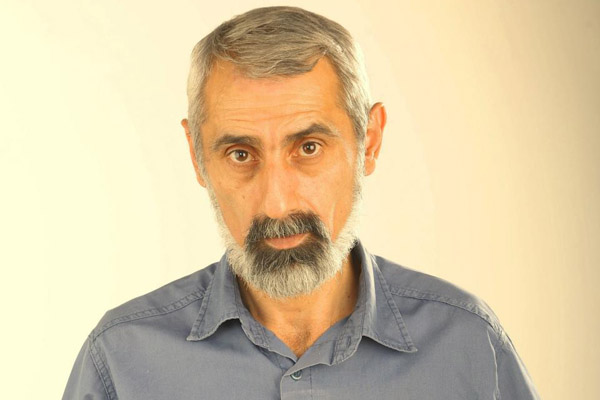
Tarkovsky’s Armenian concerns and socializations weren’t to end by that. Another note from September 18, “Razmik from Hayfilm called me. He’s asking to visit Bagrat after his visit to Italy. He has some disagreements there. In any case, he’s not such a capable person. With no imagination. We should immediately send him to Vahe’s concluding speech, otherwise he’ll appear in a bad situation.”
Note, that regarding “Winepress” film and its director Tarkovsky obviously thickens colors. Bagrat Hovhannisyan’s work, which was released in 1973, not only was a good one, but was successfully greeted. And disagreements between the two filmmakers might be explained by difference in their perceptions. Finally, the world of movie, first and foremost, is a world of individuals, where everyone leaves his/her handwriting, shapes his/he fate of an artist.
By Hovik Charkhchyan

























